for(i := 1 -> n ){
for(j := 1 -> i ){
something
}
}
runs in O(n^2)[innermost loop runs 1,2,3....n times as the value of n increases, so in total it runs for a sum of 1+2+3...+n = O(n^2)]
in your sample code let i := 1 -> p where p = O(n^2)
then since the code runs in O(p^2) its running time will be O(n^4)
Using the Big-O notation can help you through some situations. Consider this :
for(i =n/2; i < n; i++){
for(j = 2; j < n; j=j*2){
something
}
}
the outer loop runs O(n) and the inner loop runs O(log(n))[ see it as constantly dividing n by 2 : definition of log]
so the total running time is : O(n(logn))
